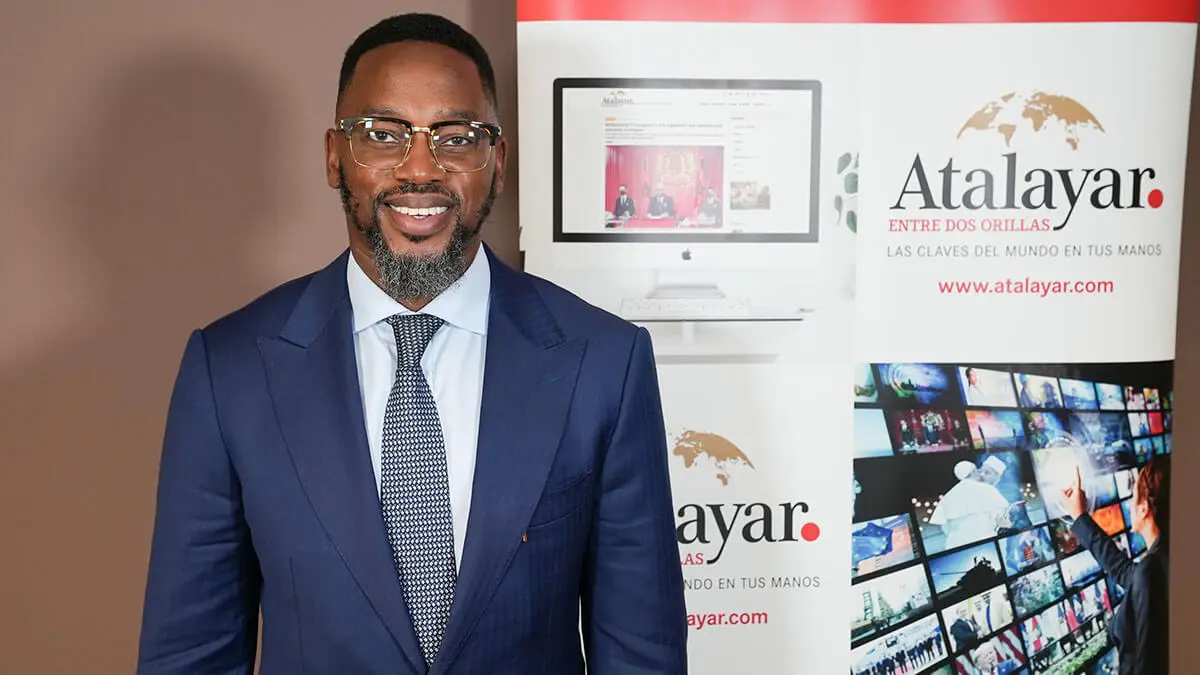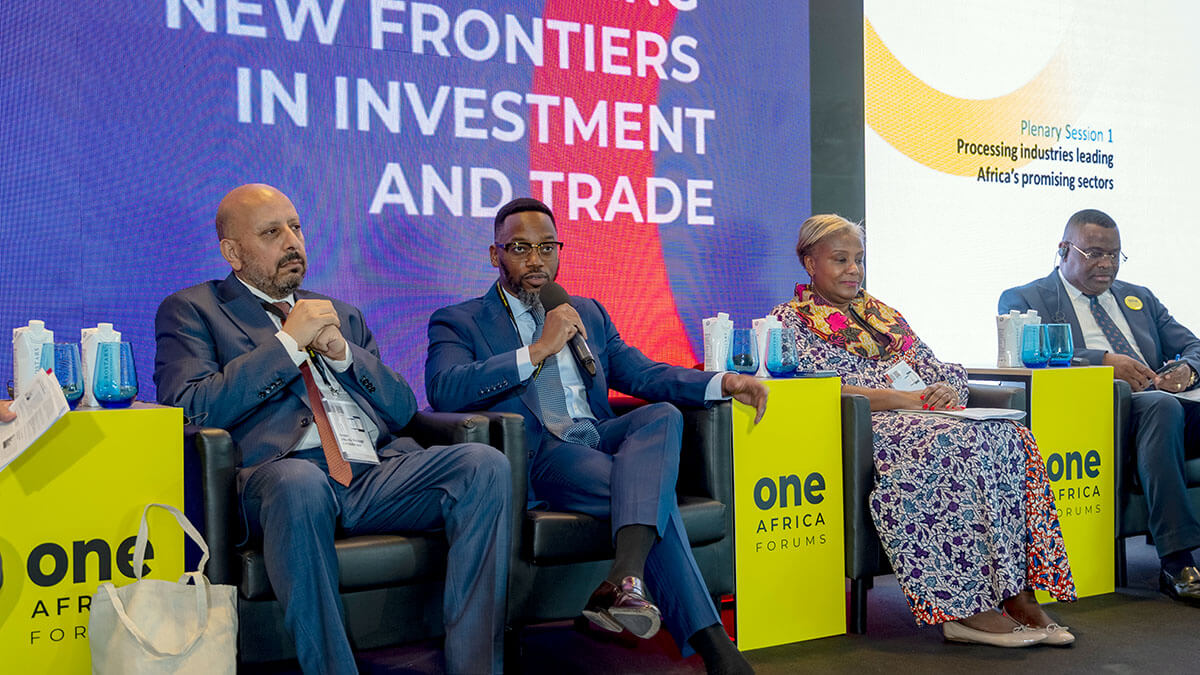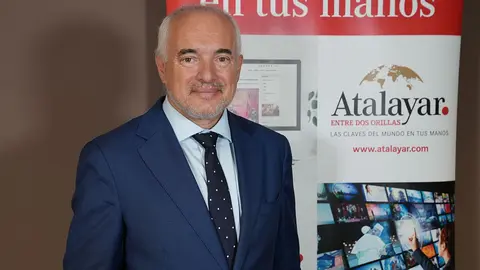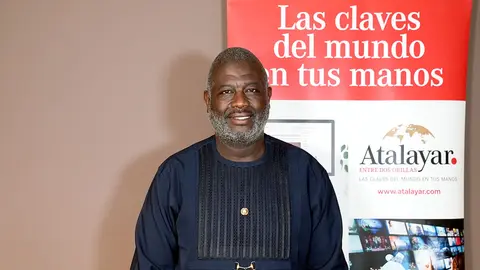"Processing industries are key to the economy, employment and preventing immigration"

Barcelona hosted the Africa Spain Business Summit to analyse in depth, through the vision of various experts, the economic and commercial relations between Africa and Europe, especially Spain.
Mohammed Abdul Razaq attended the forum on behalf of the Africa Finance Corporation and participated in the panel dedicated to analysing the role of banks and cooperation agencies in trade financing.
What do you think this summit can bring, especially in terms of information about what is happening in Africa and the business opportunities that exist?
This forum is a fantastic platform. Obviously, there needs to be more collaboration, as the world is a global village at the moment. So the Africa Spain Business Summit in Barcelona is a great platform: there have been a lot of people coming to the sessions and the aim is to see how we can foster collaboration and partnerships between African institutions, African countries, African companies, Spanish companies and the country itself. We have to see how we can continue to work together and achieve the Spanish objectives and also the African objectives.
Are processing industries one of the possible solutions for development in Africa?
Yes, absolutely. I mean, processing is absolutely critical for Africa.
As you know, Africa has a great variety of natural resources. If you look at all the countries in Africa, Guinea has one of the largest reserves of bauxite; the Democratic Republic of Congo has the largest reserves of cobalt; South Africa has the largest reserves of platinum; Mozambique, Nigeria... all African countries have vast natural resources. One of the key problems over the years is that many of these resources were exported raw and the finished products were imported. What that does, of course, is export jobs and import poverty to the continent. So, processing is key to adding value to the economy, to creating jobs and also to curbing immigration, because the more jobs that are created in the country, on the continent, the less people migrate.
So processing, industrialisation and beneficiation are key. The company I work for, Africa Finance Corporation, is a pillar in this sector and has been investing heavily in these industries for the past 17 years.

This would prevent irregular immigration, which is a major problem in Europe right now...
Yes, absolutely. I will give you an example. We, through a platform called ARISE, of which Africa Finance Corporation owns more than 70%, we invested in the Special Economic Zone of Gabon and we have created more than 30,000 jobs. We have 140 industries located in the Special Economic Zone, which is the first carbon neutral economic zone on the continent, the largest veneer exporter in Africa and the sixth largest in the world.
So just by investing in this region alone, focusing on wood processing, we have been able to create 30,000 jobs. In Nigeria, for example, we work with a company called Boa Group, in their integrated sugar plantation plant. Through that, it has been able to create 15,000 jobs. In fact, the African Development Bank estimates that agricultural processing alone could create up to 16 million jobs by 2030. And these are just a few examples of the number of jobs that can be created. Once more jobs can be created, it will increase economic prosperity, reduce immigration and increase the value of Africa's economies.

What would you recommend to a Spanish investor, to a Spanish businessman, what can the Africa Finance Corporation bring to him?
We are one of the leading multilateral financial institutions, established in 2007 as a treaty between sovereign states. We have 43 member countries. Our objective is to close the infrastructure gap in Africa. We have invested in more than 33 African countries, deploying more than 13 billion dollars.
And for any Spanish investor who is looking for a partner to come to Africa, looking for a partner of choice, Africa Finance Corporation is that institution. You can partner with us or you can invest in us. That way, all the objectives of the European Union and Spain in terms of renewable energy, critical minerals, digitalisation, integrated supply chains, they have it as a platform for us. We have collaborated and have partnerships with the EU, the World Trade Organisation, the United Nations and we hope to establish more of these collaborations and partnerships with organisations here in Spain.











